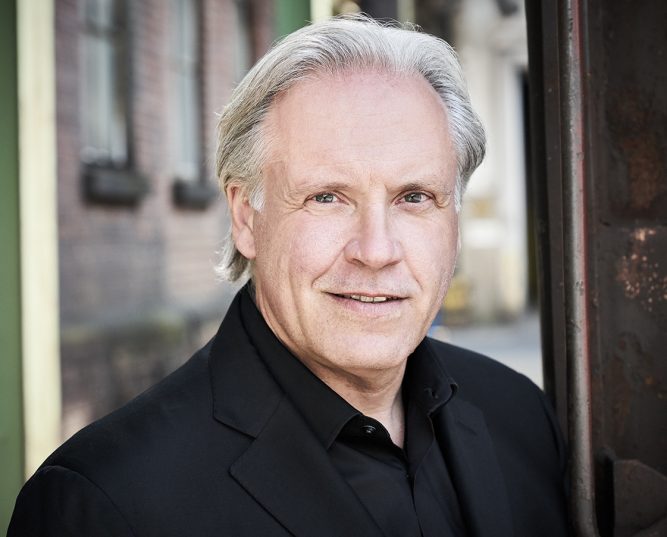ORT Concert: Travel Music by Austrian & German Composers

Presenting a night of German and Austrian music inspired by the travels and experimentation of three classical composers, Mendelssohn, Mozart and Haydn, the ORT welcomes listeners to the fifth live streamed concert of its Divine Music series on February 25 at 9 pm. The performance is freely available for listeners on ORT’s Facebook page and Youtube channel.
Directed by the great Markus Stenz, a German conductor known for his international work and talent. Stenz, who studied under the likes of Leonard Bernstein and Seiji Ozawa in America, has also worked in Tuscany, serving as the artistic director of the Montepulciano Cantiere Festival for six years.
Thursday’s concert will open with Mendelssohn’s 1830 overture, Hebrides. Inspired by his travels in Great Britain a year earlier where the Romantic composer found the Scottish landscape a source of wonder, specifically the uninhabited isle of Staffa. Part of the inner Hebrides Islands, Staffa is home to Fingal’s Cave, a site of Scottish mythology and history due to its abstract beauty and acoustic echoes. Mendelssohn’s overture established Fingal’s Cave as a 19th century tourist sight, further influencing the works of writers and poets such as William Wordsworth and John Keats.
Following Hebrides, the orchestra will play Mozart’s Symphony K.201. Composed when Mozart was only 18, it represents a significant time for the young composer as a moment when he started experimenting more with style and tone. The work is acknowledged as one of his better known early symphonies. In closing, the orchestra will take us on a journey to England with Joseph Haydn’s Symphony n. 94. Inspired by the Austrian composer’s London tours in the late 18th century, it is commonly referred to as the ‘Surprise Symphony,’ due to its unpredictable nature. With the intention of stunning audiences, Haydn riddled his work with playful jokes, such as suddenly introducing a fortissimo chord right in the opening, only to return to the original quiet dynamic immediately. (mirabella shahidullah)
